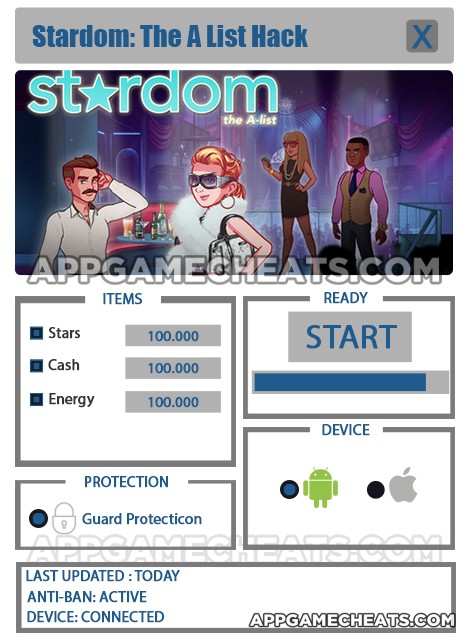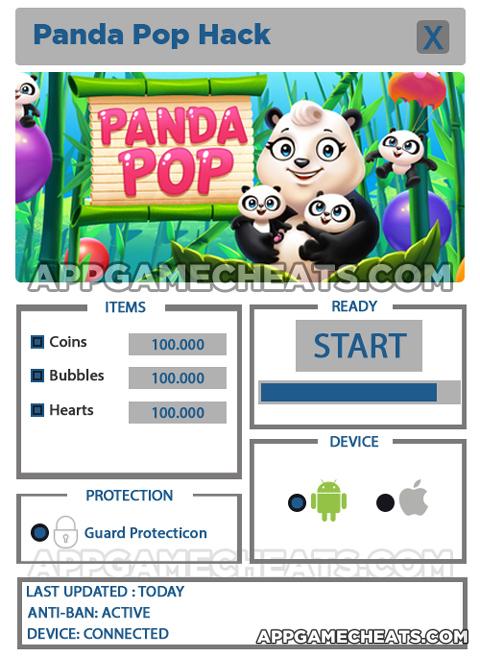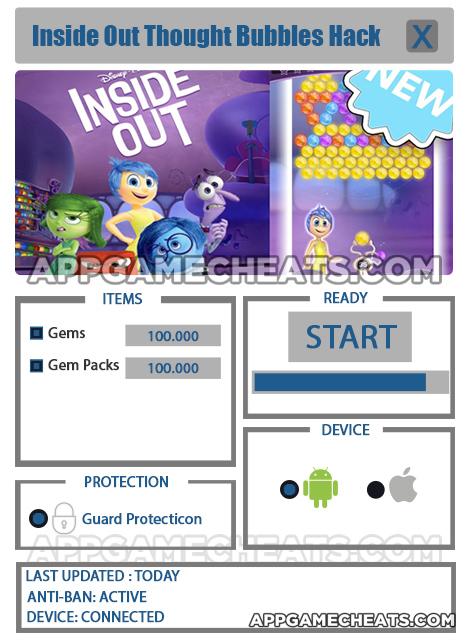Creating a winning game testing job resume is an often overlooked step in the process of getting hired for one's first game testing job. To stand out from the crowd of would-be game testers, it is critical to build a resume and cover letter that truly showcase not only your passion for video games, but also highlight exactly why your prospective employer should hire you for a game testing job, what you can bring to the table, your dream of making a career out of being a video game tester, and the benefits you can bring your new employer.
Many are unnecessarily intimidated by the idea of creating a professional resume and cover letter, and as a result, don't project the necessary confidence in their writing that they possess the necessary attribute to do the job well, thus bringing value to their new employer. For this reason, many resumes simply don't get a second glance. The way past this stumbling block is simply to focus on these three key areas:
What you can do well. Here would be a great area to discuss any unpaid experience you have acquired beta testing or testing games at home while working through a software testing guide while testing a video game.
What you have done well. Highlight in your work experience areas where you given ownership of a particular area, and how well you did that particular task or area of ownership. An example might be "improved the time it took to clean a 12x14 carpet by 10% while maintaining or improving quality standards", or "grew sales in my area by 7%".
How your work experience benefited your employer. An example might be "improved profit in the plumbing department by 8%" or "developed a process that increased efficiency by 11%, thus reducing man-hours billed to company X".
Additionally, if this is your first game testing job, be sure and highlight any proactive experience you may have gained in the following areas:
Beta Testing. Any Beta testing experience you may have, paid or not, will demonstrate to your new employer that you understand the process of playing and testing the video game, finding bugs and filing them. This will be a huge plus on your resume, and will show that you have experience and perspective on how to actually test video games.
Online gaming beta testing. Sign up for all the online game beta testing programs you can find, and you will gain much in real-world testing and bug-filing experience.
At-home practice: Sit down with your favorite game and practice creating spreadsheets of Test Scenarios and Test Cases based on the guidelines you can find in any good book on software testing. Create practice test plans as well. Write bug reports for any bugs you may find using a good bug filing template, which you can also find in most software testing books.
Game design experience: Learning a few things, even practicing creating a simple game or designing a level, will look great on your resume, and make you a much better video game tester
Education - Taking a few classes on programming, project management, game design, game art, and a number of other related subjects will assist you immensely - and show potential employers that you are serious about becoming a video game tester, and stand miles above the rest of the game testing job seeking crowd.
Designing a resume and cover letter within this general framework will give you a huge leg up against other entry-level video game testers, and guarantees that you will be interviewed and hired for your first video game tester job - and have no problem finding new video game tester jobs after you have completed your first gig!






 Panda Pop Coins, Bubbles & Hearts Hack Tool & Cheats 2016 - AppGameCheats.com
Panda Pop Coins, Bubbles & Hearts Hack Tool & Cheats 2016 - AppGameCheats.com How hunger works, and how to turn it off, in Minecraft: Pocket Edition (0.12 tutorial)
How hunger works, and how to turn it off, in Minecraft: Pocket Edition (0.12 tutorial) Math Academy V Answers
Math Academy V Answers Inside Out Thought Bubbles Cheats & Hack for Gems & Gem Packs - AppGameCheats.com
Inside Out Thought Bubbles Cheats & Hack for Gems & Gem Packs - AppGameCheats.com Dead Effect 2 guide - Tips and tricks for surviving in space
Dead Effect 2 guide - Tips and tricks for surviving in space